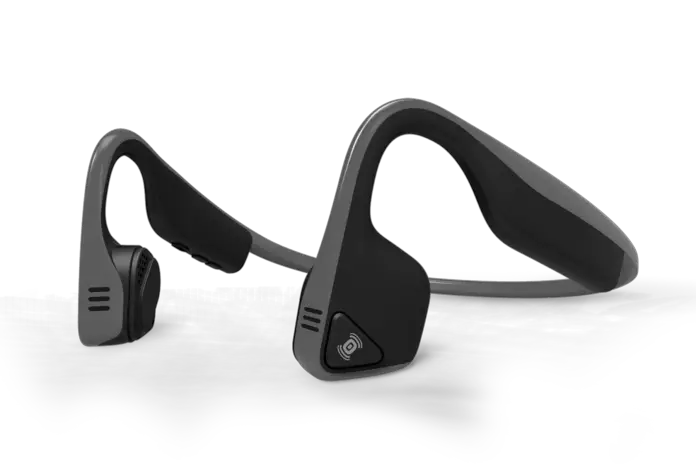Poor quality products are being boosted by inflated reviews on the websites of Britain’s biggest retailers – potentially misleading consumers, an investigation by Which? has found.
The consumer champion looked at 15 products that it had rated as Don’t Buys, a status given to products that fail to meet the standards of its rigorous, independent tests.
Although Don’t Buy status means a product should be avoided at all costs, researchers found that many of these products scored four stars or higher based on online customer reviews at Amazon, Argos, John Lewis and Currys PC World.
The Aftershokz Trekz Titanium headphones scored a dismal 28 per cent in Which? tests but received an average rating of 4.2 stars at Amazon and 4.7 stars at Argos. Which? experts described them as having “awful sound” and “low battery life”.
The Nikon Coolpix A10 camera achieved a score of just 34% from Which?, with expert testers commenting on the “slow start-up time” and “poor image stabilisation”. However, the same product was rated an average of 4.6 stars in customer reviews at Argos and 4.5 at Currys PC World.
The Fusion5 14” laptop was rated a Which? Don’t Buy with a score of 45 per cent, but achieved four stars on Amazon. Which? explained that the laptop was “slow” with “terrible sound” and “poor battery life”.
The Black & Decker SVJ520BFS 2in1 Dust Buster scored 4.6 at Argos and 3.8 stars at Amazon, but scored just 32% in Which? tests. While one review on Amazon described the vacuum cleaner as “light, easy to move and brings the carpet up a treat”, Which? stated that “it’s awful at cleaning carpets.”
While customer reviews can be useful when browsing a long list of products, Which? is highlighting the limitations of this type of review to help shoppers avoid being misled.
Many customer reviews are given based on first impressions of the product, which may not stand the test of time.
Which? has heard from consumers who felt rushed into leaving a review within just a week of buying a product, with some citing incentives such as competition entries and future discounts from the retailer. While this won’t necessarily lead to an inaccurate review, it could impact on impartiality and rushed feedback might only touch the surface of the quality of the product.
Additionally, some customer reviews are influenced by good customer service and the speed with which the item was delivered, rather than the quality of the product itself.
Natalie Hitchins, Which? Head of Home Products and Services, said:
“Our research suggests that you should take online customer reviews with a pinch of salt as they can be based on limited first impressions, and other factors not directly related to the quality of the product.
“If you want a high-performing product that will last you well, you need to look beyond customer reviews and seek out independent, thorough test results.”







